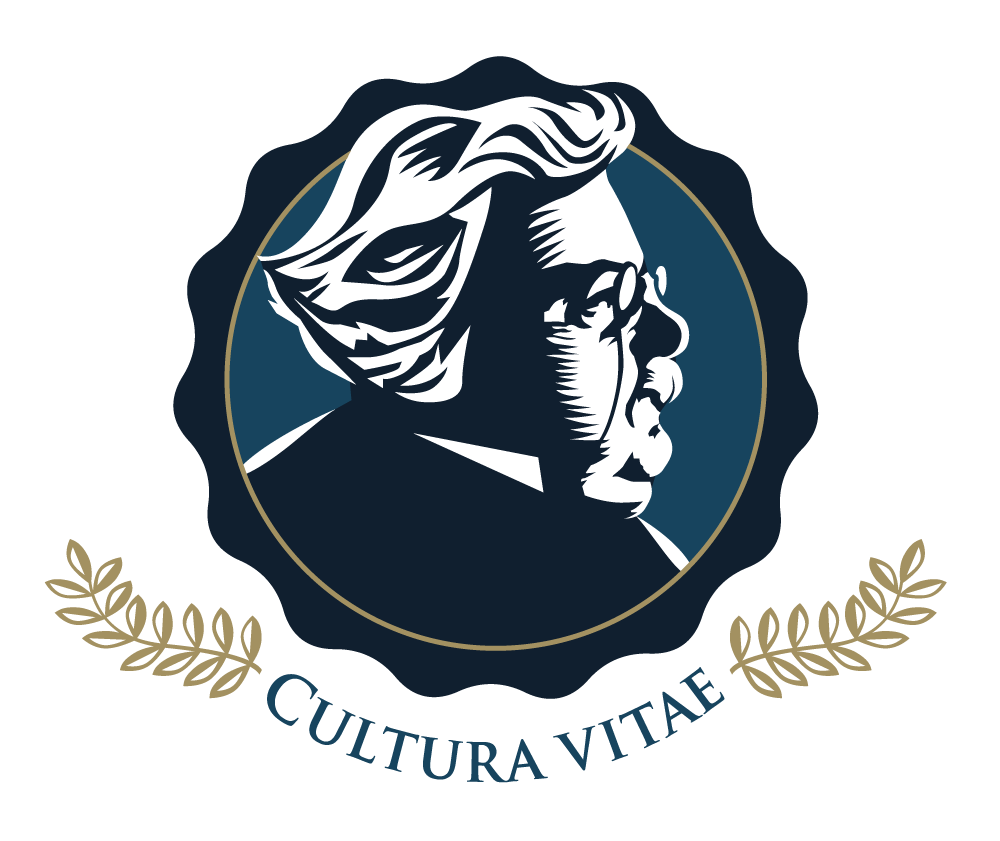3 Reasons Why Today's Teens Need the Classics
Oftentimes today, the phrase “classical education” can evoke in peoples’ minds images of intellectually elite individuals holed up in Ivy League institutions studying the ideas of those long dead and divorced from the real life existence of ordinary people . Many think that the reading of these ancient Greek texts or Renaissance writers is a niche exercise for the select few but generally is not applicable to modern man, with his myriad technological devices and problems. Thus, the thought runs that the classics are a nifty hobby for the quirky few that are into them, but they lack any broader relevance.
Such a position could not be more wrong. For much of human history, all education was classical in nature. To be a well rounded individual was equivalent to having a formation in the great thinkers of history. Further, it was recognized that precisely what made such thinkers great was the broad influence they had on the thought of every man. Homer was not a poet just for the elite, his tales were memorized and told out loud for all to hear. Shakespeare’s plays were not written just for the English teacher in the classroom to enjoy, they were to be performed in public for the general crowd.
Hence, in today’s world, the classic works of Western Civilization remain as relevant for education as ever before. There could be many reasons given for this, but 3 in particular stand out for why today’s teens need classical education more than ever.
1. They need to be grounded in the richness of their ancestors.
Odysseus’ adventures teach young people how to confront evil.
In the 12th century, the French philosopher Bernard of Chartres coined a famous phrase when he told his students “we are like dwarves perched on the shoulders of giants, and thus we are able to see more and farther than the latter. And this is not at all because of the acuteness of our sight or the stature of our body, but because we are carried aloft and elevated by the magnitude of the giants.” Today’s teens need to understand that they are not alone in facing the problems of human life. A progressive view of history, which reduces history to the view that those in the past were simply ignorant and that modern man is far more advanced, cuts off young people today from the wisdom of the ancients.
The classics are classics precisely because they deal with the questions of universal human experience. When Plato deals with the question “Is it better to suffer evil than to do evil?” in the Gorgias he is tackling an issue that strikes at the root of what it means to be human and fulfilled. To deny young people access to these reflections because they are “too lofty” in some way is to unmoor them and ask them to create for themselves the insights of thousands of years of human thought.
2. They need to be prepared for life.
Of course, what education is about is preparing young people to be adults capable of living a full human life. Too frequently today, this idea gets reduced to preparing them for a job, which is simply one part of human existence. While classical education does provide skills such as writing and critical thinking that are highly valued in today’s workplace, it also provides a richer formation that prepares young people for the many challenges life presents.
For instance, one of the inevitable aspects of human life is: what do we do when we encounter evil? What is the purpose of suffering? How do I live in a world in which suffering will occur? This theme, as ancient as it is timely, is explored through works such as the Odyssey, the Aeneid, the Confessions, Beowulf, the Summa Theologiae, the Divine Comedy, and Hamlet. By reading classic works, students learn the value of attributes such as courage, perseverance, self sacrifice, patience (the ability to suffer) and compassion (the ability to suffer with another). As Chesterton says about fairy tales, “The baby has known the dragon intimately ever since he had an imagination. What the fairy tale provides for him is a St. George to kill the dragon.” Classical literature is particularly adept at teaching children how to confront what is an inevitable part of life.
3. They need to know they are made for more.
“The classics are classics precisely because they deal with the questions of universal human experience.”
There is a quote often attributed to Pope Benedict XVI where he told a group of young people “The world offers you comfort. But you were not made for comfort. You were made for greatness.” The consumerist world today sends the message to young people that fulfillment is found in pleasure: the pleasure of fame, power, sex, food, vacations, or safety. And yet, today’s world is also one that is awash in anxiety, depression and suicide.
A strong theme that runs through the classical, especially Christian, world is that man is made for more than just the material comforts of this life. While pleasurable things are good, man’s exists on a spiritual level as well as a material, and so his fulfillment must be more than material. Missing this key insight, man cannot discover happiness if he is led to only value the things of this world. As St. Augustine put it when addressing God “Our hearts are restless until they rest in you.”
For these three reasons, then, the classics remain as relevant to the ordinary young person as ever before. Let us, then, avoid the cynicism of modern man that would sneer at the classics as out of touch. Rather, let us again discover the joy that awaits us and our students in these works, for their sakes, at least, so that they might not be denied the riches and joy that have already been withheld from so many in today’s modern schools.


